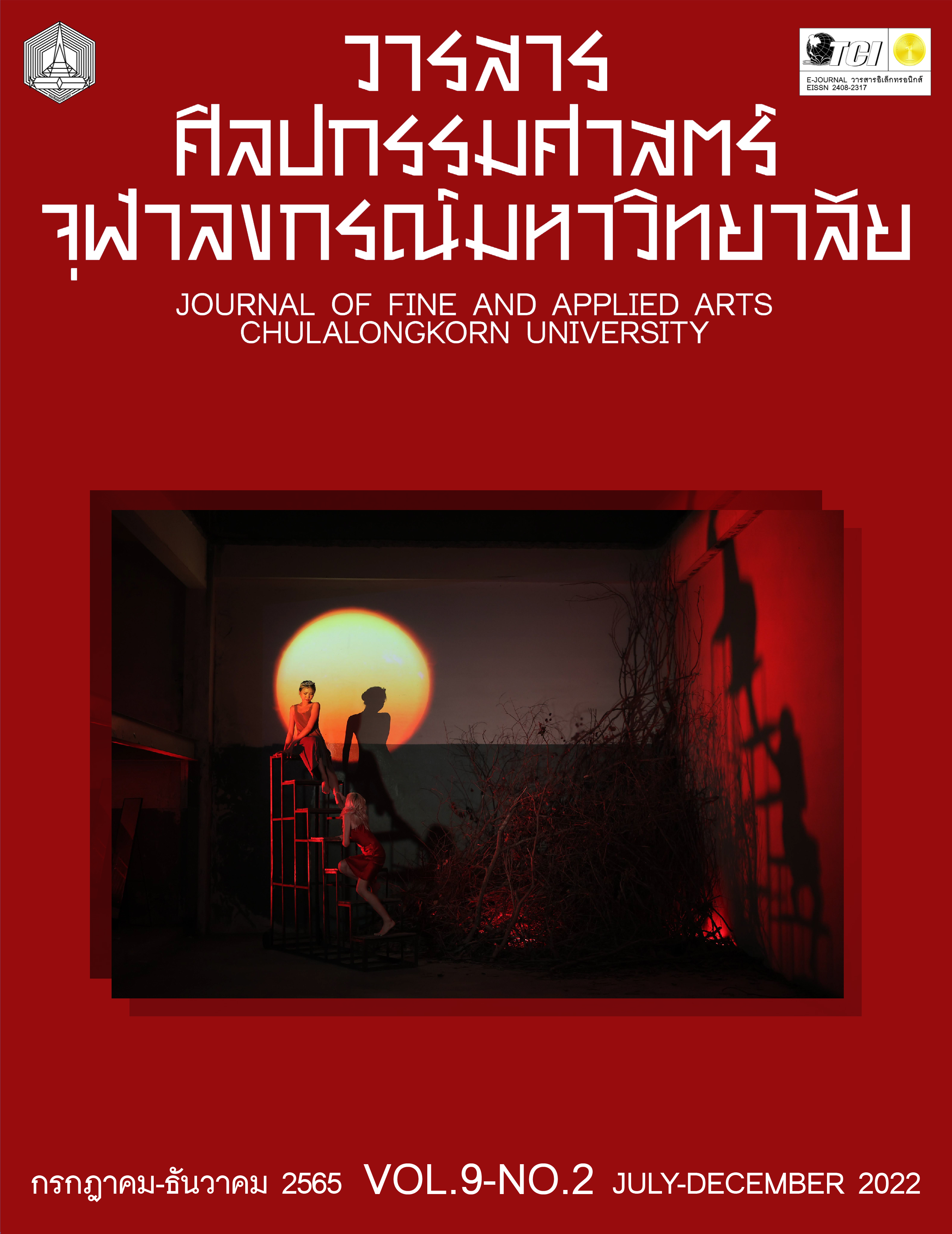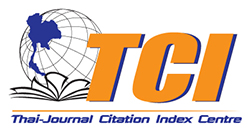ONLINE BALLET TECHNIQUE, DANCE REPERTOIRE, AND SPANISH DANCE EDUCATION IN THE TIME OF COVID-19 PANDEMIC
Keywords:
BALLET, DANCE REPERTOIRE, SPANISH DANCE, ONLINE TEACHING AND LEARNING, COVID-19 PANDEMICAbstract
The ultimate aims of this article are to collect data on online learning and teaching, specify problems of online teaching and learning, and suggest solutions to these problems in three dance courses – Ballet Technique, Dance Repertoire, and Spanish Dance – in the time of COVID-19 pandemic. The time period which the article focuses on is from the first and second semesters of the academic year 2020 (August 2020 – September 2021). This article finds problems associated with online teaching and learning, which are 1) teaching management models 2) lesson content 3) assessment 4) learning space 5) class and examination atmosphere 6) use of electronic devices and the Internet network. The solutions to these problems are to adjust and develop the following aspects: 1) lesson and examination preparation plans 2) assessment 3) learning space 4) class atmosphere 5) knowledge and ability to use technology 6) out-of-class learning 7) a new teaching and learning model. Proposed ways to improve online ballet and Spanish dance teaching and learning are in the aspect of 1) lesson content 2) class management 3) assignment 4) assessment.
References
ณิชา รอดบุญ. “ระบำนาฏยกรรม.” สัมภาษณ์โดย ขวัญแก้ว กิจเจริญ. 10 กรกฎาคม 2564.
นัฐพร เกียรติบัณฑิตกุล. “ผลของหลักสูตรผลิตครูที่มีต่อความรู้ด้านการออกแบบการเรียนการสอนโดยมีการรับรู้ความสามารถแห่งตนและความรู้ตามกรอบทีแพคของนักศึกษาครูเป็นตัวแปรส่งผ่าน: โมเดลพหุตัวแปรส่งผ่าน.” วิทยานิพนธ์ระดับมหาบัณฑิต, จุฬาลงกรณ์มหาวิทยาลัย, 2556.
นราพงษ์ จรัสศรี. “นาฏยศิลป์ตะวันตก.” สัมภาษณ์โดย ขวัญแก้ว กิจเจริญ. 24 กันยายน 2563.
วิจารณ์ พานิช. ครูเพื่อศิษย์สร้างห้องเรียนกลับทาง. กรุงเทพฯ : เอสอาร์พริ้นติ้งแมสโปรดักส์, 2556.
สุภาพร สุดบนิด. “การเปรียบเทียบ ความรับผิดชอบต่อการเรียน เจตคติต่อการเรียนและผลสัมฤทธิ์ทางการเรียนวิชาวิทยาศาสตร์ของนักเรียนชั้น มัธยมศึกษาปีที่ 1 ที่ได้รับการจัดกิจกรรมการเรียนรู้ตามแนวคิดห้องเรียนกลับทาง (Flipped Classroom) และการจัดกิจกรรมการเรียนรู้แบบปกติ.” วิทยานิพนธ์ระดับมหาบัณฑิต, มหาวิทยาลัยมหาสารคาม, 2557.
Levin, David Micheal. “Balanchine’s Formalism.” Salmagundi no. 33/34 (1976): 216-36.
Downloads
Published
Issue
Section
License
Copyright (c) 2022 KWANKAEW KITCHAROEN

This work is licensed under a Creative Commons Attribution-NonCommercial-NoDerivatives 4.0 International License.
ลิขสิทธิ์ของบทความเป็นของเจ้าของบทความ บทความที่ได้รับการตีพิมพ์ถือเป็นทัศนะของผู้เขียน
กองบรรณาธิการไม่จำเป็นต้องเห็นด้วยและไม่รับผิดชอบต่อบทความนั้น






